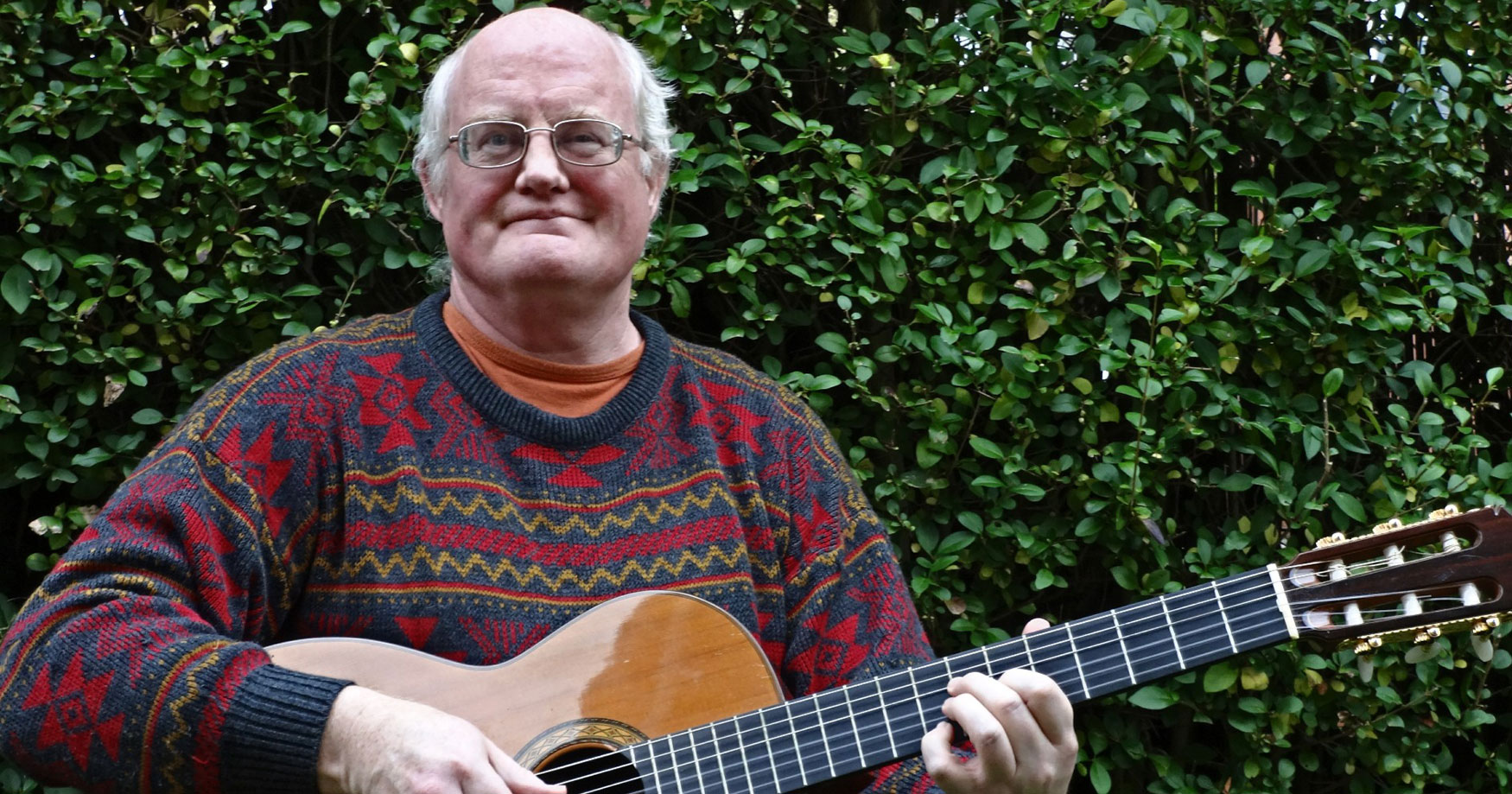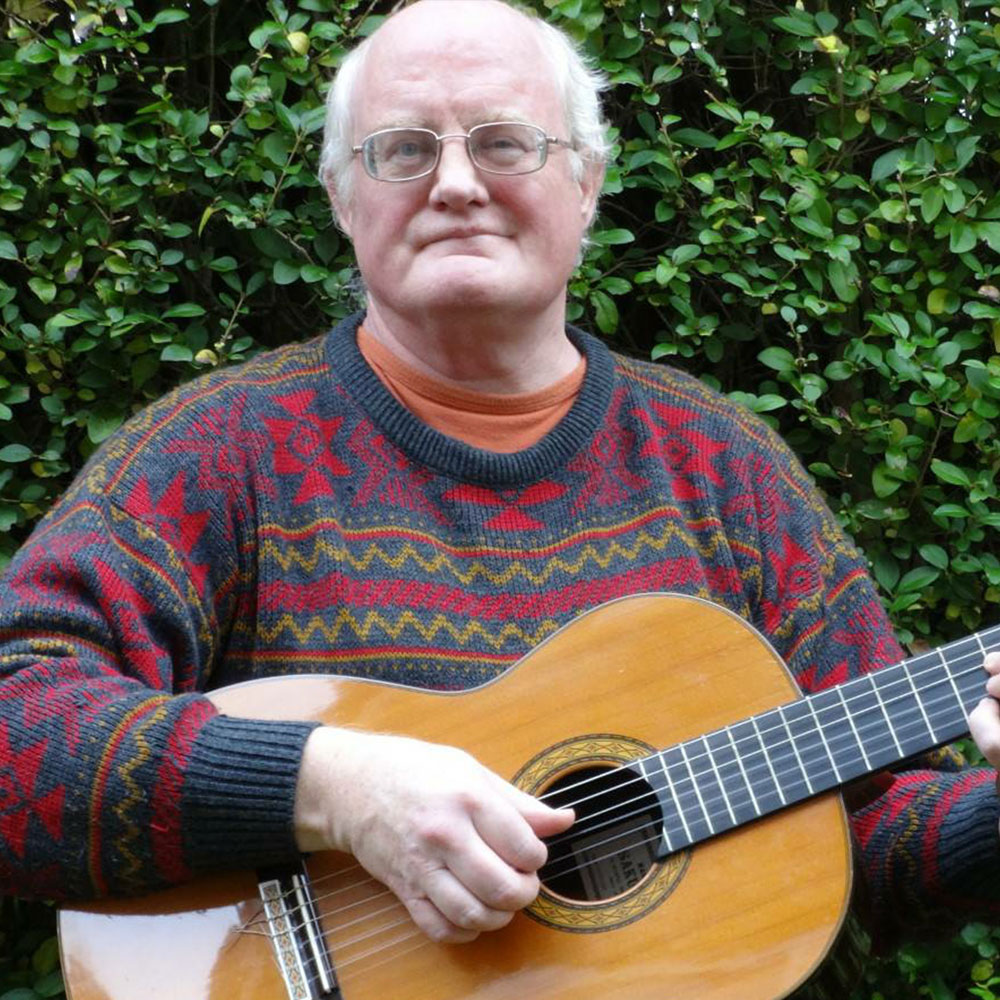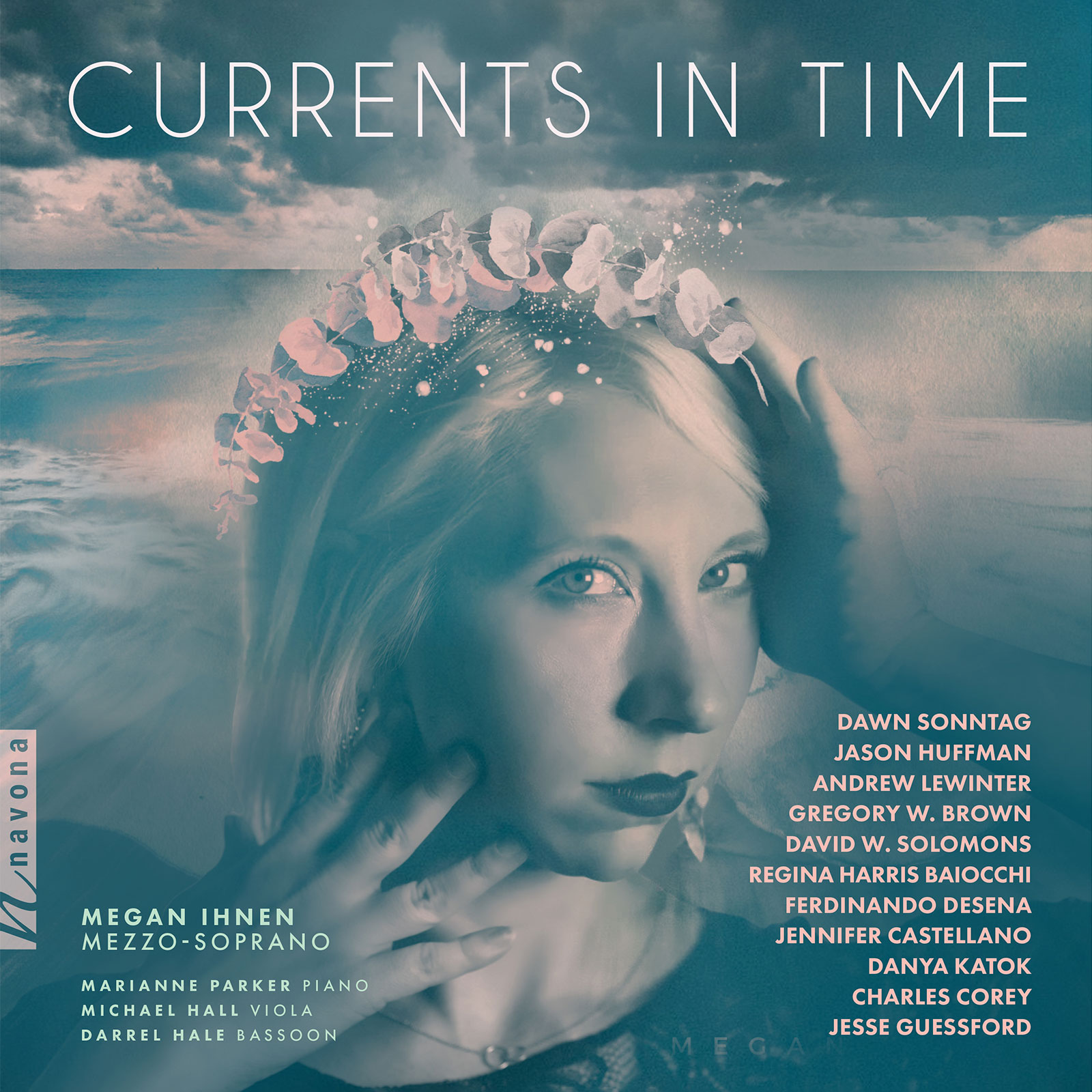
CURRENTS IN TIME showcases the profundity of the human voice in a prime selection of a cappella and subtly orchestrated compositions, whose lyrical foundations are as diverse as the emotional states transported. Featured on the album is composer David Warin Solomons’s piece, The Centipede, a composition that drives home an important message: “if you do something that comes naturally, it might go wrong if you concentrate on it instead of just simply doing it.”
Today, David is our featured artist in “The Inside Story,” a blog series exploring the inner workings and personalities of our composers and performers. Read on to learn about his deep appreciation for the theremin, and his early ventures that helped support his musical endeavors…
Who was your first favorite artist(s) growing up?
Felix Mendelssohn — I adore his string octet in particular and I also sang alto in several performances of his oratorio, Elijah.
When did you realize that you wanted to be an artist?
Relatively late in life. I gave priority to working as a translator in order to save money, to help finance my creative urges. I retired early, of course, and then got right down to composing and arranging music after that.
If you could spend creative time anywhere in the world, where would it be and why?
Strasbourg, France. I count my musical creativity there in 1977 as my “golden age,” and I have often gone back to those pieces to rearrange them. Mind you the old city will have undergone many changes since those days!
If you could instantly have expertise performing one instrument, what instrument would that be?
It would be the theremin — it is so flexible. When I watch theremin players, I always marvel at their ability to find notes without touching the instrument.
What does this album mean to you personally?
It is great to be included in and associated with the wide range of styles these composers bring to the table.
Is there a specific feeling that you would like communicated to audiences in this work?
The pure satire of the words and the message that the more you try to work out what you are doing, step by step, the more you might trip over yourself. In other words, things work better when you just go ahead without worrying about the mechanical details.

David Warin Solomons (b. 1953) began his musical career relatively late, taking up the violin at the age of 14 and the classical guitar a few years after that. Most of his musical expression in composition has been based on the principle of "learning by doing," liberally seasoned with musical collaborations. The first of these collaborations, as far back as 1969, was with two pen-friends in France and Germany, which gave rise to several trios for the unusual combination of violin, trumpet, and piano. Solomons moved on to Christ Church at Oxford University in 1972 to study French and German and also began to sing there on a regular basis, eventually settling on alto as his preferred range. At Oxford he met lots of great musicians, many of whom had important influences on his compositional style.

